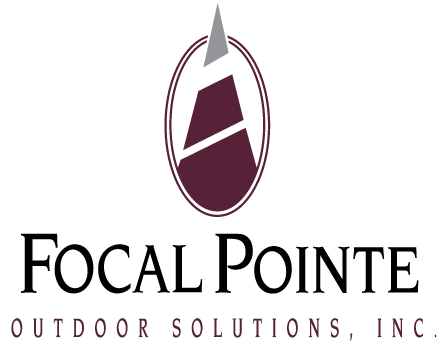Clerk Schoeller highlights April 8 election trends and the importance of trust in local elections
Greene County Clerk Shane Schoeller joined Chamber members on April 17 for the latest Inside the Issues event, offering a detailed look at the April 8 election results and how local elections are managed behind the scenes, from security protocols to community engagement.
The April 8 local election included several races for candidates and issues across Greene County, including for Springfield Mayor, City Council, and Springfield Public Schools Board of Education. The Greene County Clerk’s office, led by Shane Schoeller, helps oversee various duties, including conducting elections.
Voter turnout for the April election landed at 14.2 percent, closely aligning with the expected range of 13–15 percent. Schoeller indicated that participation varied significantly by district and across precincts, with stronger participation in neighborhoods with active associations. However, even with high-profile races like the mayoral contest on the ballot, turnout remained lower than years where a major ballot issue — such as a school bond — is present.
“Large issues drive turnout,” Schoeller explained. “But even the mayor’s race doesn’t always move the needle that much.”
Schoeller highlighted several key Springfield races, including the mayoral contest where Jeff Schrag won 61.5 percent of the vote compared to Mary Collette’s 38.5 percent. While Collette performed well in some smaller precincts, Schrag saw strong support in central Springfield and many of the border precincts. Schoeller noted that local elections tend to produce more variation at the precinct level, compared to the more consistent partisan patterns seen in state or federal races.
In the Zone 4 City Council race, Bruce Adib-Yazdi and Matt Simpson drew support from distinct areas. Ultimately, Adib-Yazdi’s larger margins in the precincts he carried helped him secure the seat.
Additionally, the Springfield Public Schools Board race followed a similar pattern, with Gail Smart and Sarah Hough finishing well ahead of other candidates. Schoeller pointed out the perceived coordination between Hough and Smart, who often shared campaign signage. He also noted that city boundaries and school district lines don’t align, which can create confusion and complicate turnout trends.
The conversation also delved into election security and administrative process improvements. Greene County operates all efforts through bipartisan teams, something that is not a given in every area of the state and is continuously making intentional efforts to improve security measures. This year, the Clerk’s Office added its official logo to ballots for the first time to prevent counterfeiting.
“Small changes have made a big difference,” Schoeller said. “For election integrity, it’s better to do things the right way than in a rushed way,”
He explained that none of the county’s voting machines are connected to the internet, and multiple security protocols are in place to prevent tampering. Greene County also performs hand counts at selected locations as a quality control measure, reviewing no fewer than 5% of precinct ballots. However, Schoeller pointed out that hand counts have a higher error rate (8%) compared to electronic tabulation machines (0.5%).
Looking ahead, Schoeller sees opportunities to improve access to absentee voting, especially during the no-excuse absentee period, which drew large crowds last November. His team is exploring options for additional voting sites in areas like Republic and North Springfield but is limited by staffing needs and state statutes. Expanding absentee voting also provides an opportunity to train new election judges in a lower-pressure environment.
Schoeller also weighed in on state legislation that proposes moving April municipal elections to November. While such a change could boost turnout, he stressed that the hands-on experience provided by regular elections is essential.
“Election integrity takes experience,” he said. “We would never want a clerk’s first election to be on the scale of a presidential election.”
He also emphasized that maintaining a consistent election schedule supports both accuracy and trust. “We don’t want to have too few elections,” Schoeller said, explaining that smaller, more frequent elections help build the capacity and readiness of local election teams.
For Schoeller, elections are about a shared commitment to civic responsibility, built through transparency, trust, and continued engagement.
“Polling places are places where communities gather to grow and hold each other accountable,” he said. “Elections are a conversation, and we want to make sure everyone who wants to be a part of the conversation can be.”
Thank you to your Presenting Sponsor Hahn | DeBoef Government Relations for supporting this event!

